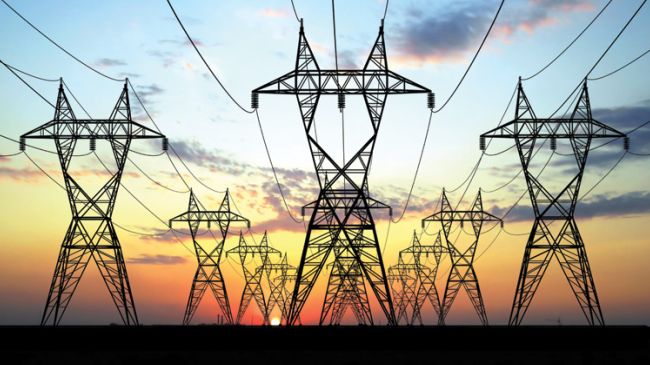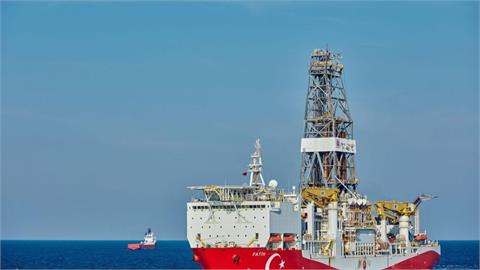by Georgi Gotev & Sarantis Michalopoulos Bulgaria and Greece are hard nuts to crack when it comes to implementing EU energy legislation and integrating with the wider European energy market. These two countries illustrate the difficulties of building an Energy Union
Bulgaria
and Greece are hard nuts to crack when it comes to implementing EU
energy legislation and integrating with the wider European energy
market. These two countries illustrate the difficulties of building an
Energy Union.
But they share Byzantine practices that have helped keep monopolies alive, and resist EU energy liberalisation rules.
Both countries are also in a difficult economic situation, having to deal with the issue of energy poverty, as large parts of their population lack the financial means to properly heat their homes in winter.
An important difference appears to be that Bulgaria is increasingly willing to play by EU rules, while the Syriza-led government in Greece is unpredictable.
Regarding gas, the European Commission has highlighted the fact, (and this has been proven by the 2006 and the 2009 gas crises), that Greece and Bulgaria are supplied mainly by Russia, and that in instances of interruption, they are the first ones to be impacted. So there is a crucial need for diversification in the region, and the lack of North-South connections is a challenge.
It is important to highlight the fact that the existing main transport line that transports gas from Russia through Ukraine, Moldova and Romania to Bulgaria, Greece and Turkey, is not operated in line with EU legislation (no third party access, no unbundling, no reverse flows).
Russia has also rerouted this politically-motivated pipeline from Bulgaria to Turkey and Greece. The South Stream project has been abandoned, and is being replaced by Turkish Stream followed by Tesla, a pipeline across Russia-friendly countries such as Greece, Macedonia, Serbia and Hungary.
The region is moderately interconnected as a historical legacy. Electricity supply companies in the region often act as monopolies, and the regulators often fail to play an independent role. In Greece, the Public Power Corporation, a state company, distributes close to 100% of the electricity of the country. In Bulgaria, three utilities (CEZ, E.on and Energo Pro) have divided the country and each act as a monopoly in their respective territories.
In both countries, energy regulators have served governments and vested interests, rather than consumers.
In view of the "particular vulnerability” of the Central and Southeastern parts of Europe, the Commission envisions new cooperation formats to help solve the many problems the region has.




